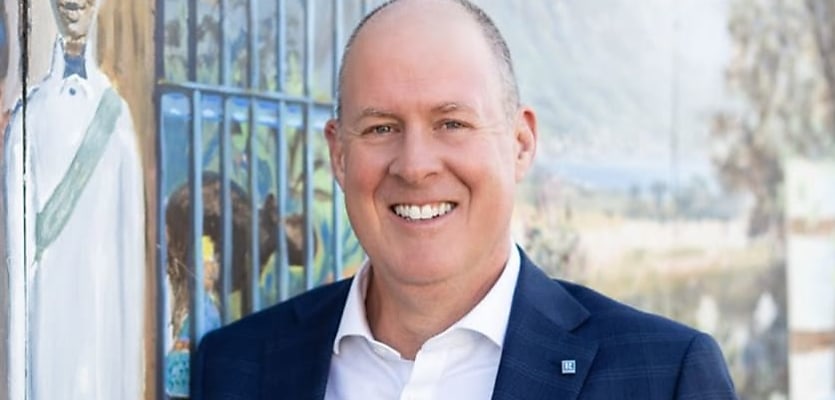Citing the slowing pace of the ABS’ consumer price index (CPI), Hayden Groves has called for the central bank to ease increases ahead of next Tuesday’s meeting.
According to the Australian Bureau of Statistics (ABS), the monthly CPI for October rose 6.9 per cent in the previous 12 months, a rate Mr Groves explained: “Shows a decline from the September quarter, which recorded an annual rate of 7.3 per cent.”
“The current rate is below the budget forecast of 7.75 per cent and the RBA’s forecast of 8 per cent,” the Real Estate Institute of Australia (REIA) president stated.
The president believes it is time for the RBA to ease up on its interest rate hikes at its meeting next Tuesday.
“There are lags between the RBA raising its cash rate and lenders passing on these increases to borrowers. Further, it takes many months for any shifts in household spending behaviour to show up in economic data,” he added.
Mr Groves implores the RBA to “wait until next year and assess the lagged impact of past increases have had before taking any further action on interest rates”.
Especially considering research from the bank suggests that “nearly a quarter of home loans are fixed rate and will not need to switch to variable until well into 2023”, which he believes “is when this cohort will see their payments increase and adjust their spending on other items”.
October’s CPI revealed housing experienced the last increase of 10.5 per cent, followed by food and non-alcoholic beverages (8.9 per cent) and transport (7.4 per cent). Mr Groves said that “new dwellings prices are driving the increase in housing through ongoing shortages of labour and materials”.
He added that “rent prices increased further this month from an annual increase of 2.9 per cent in September to 3.5 per cent in October, reflecting the persistent low vacancy rates”.
The RBA meets next Tuesday, 6 December, to decide the final cash rate decision for the year. Should the board opt in favour of increasing the cash rate, currently at 2.85 per cent despite beginning the year at 0.1 per cent, December would be an unprecedented eighth consecutive month of increases.









You are not authorised to post comments.
Comments will undergo moderation before they get published.